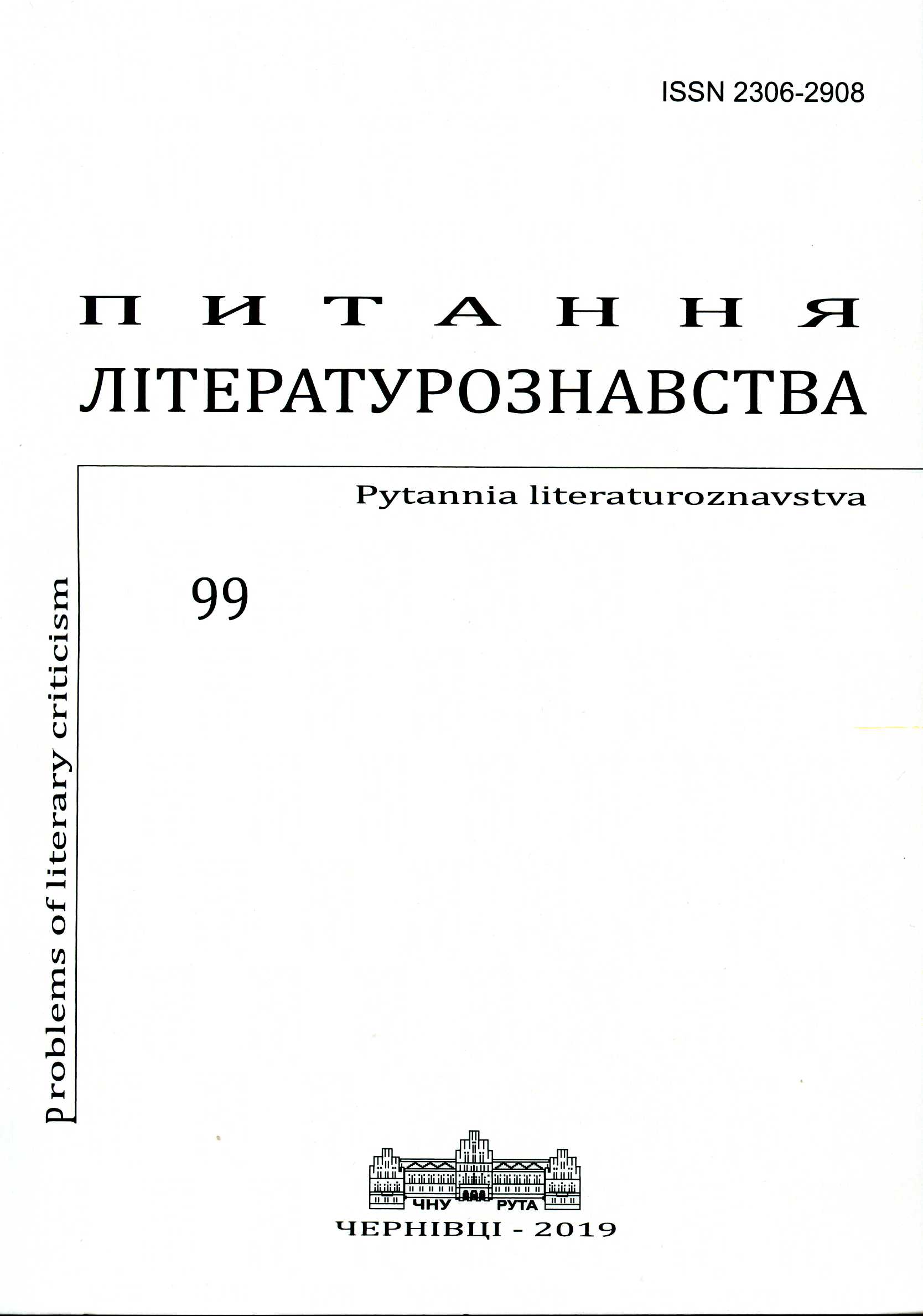Придумати Шотландію: шотландська література другої половини ХХ – початку ХХІ століття від націоналізму до космополітизму
Imagining Scotland: Scottish Literature at the End of the XX – the Beginning of the XXI Century from Nationalism to Cosmopolitism
Author(s): Viktoriia IvanenkoSubject(s): Studies of Literature, British Literature
Published by: Чернівецький національний університет імені Юрія Федьковича
Keywords: nationalism; devolution; post-devolution; Gray; Kelman; Welsh; Kennedy; Kay; Scotland;
Summary/Abstract: The paper studies the tendencies of contemporary Scottish prose in the recent three decades (starting from 1980s and up to now). Scotland is seen as an imaginary construct produced in the result of both literary and political discourses that are extremely interwoven. The research’s starting point is the problem of devolution, Scottish nationalism and their apparitions in literary texts. Alasdair Gray, James Kelman, and Irvine Welsh’s novels represent the ground for experiments with an idea of both national literature, and national identity. Scottish devolution and the apparitions of Scotland are seen through the predominantly fading white male masculinity within the context of class and self-identification. The motifs of loss, disorientation, instability, and macabre rebellion in the novels of devolution writers are inherently representational of the political scene at the time. The problem of identity is studied via the new narrative techniques introduced by Kelman and developed later by Welsh. Defying Standard English as a means of narrator’s control over characters’ discourses Kelman is thus trying to overthrow not only literary hierarchies, but also class and national ones. Kelman’s Glasgow Patter becomes a turning point in revealing the breeches in hierarchies within the institutions called the Great Britain and British literature. The scandal caused by Kelman’s novel How Late It Was, How Late that won Man Booker Prize in 1996 voiced not only literary, but also linguistic, national, and self-identification incongruities inscribed into the anglocentric political and literary hegemony. Moreover, paper concentrates on the humanist and ethic turn that Scottish prose takes closer to fin de siècle. Predominantly, this research deals with the texts of A. L. Kennedy and Jackie Kay. The issues of solipsism in a vibrant postmodern world, as well as the problems of policing race, gender, marriage come to the front of Scottish prose at the beginning of the epoch of naughts. The new images of Scotland are projected through the myriads of subjective mirrors of consciousnesses belonging to the unstable and quite exhausted individuals of any race, class, or sexuality. The cosmopolitan and inclusive Scotland arises from the pages of contemporary Scottish novels. At times, this is the Scotland that never calls itself as such, or mentions itself, let alone pondering on any national issues rather than the issue of common human cause of survival.
Journal: Питання літературознавства
- Issue Year: 2019
- Issue No: 99
- Page Range: 50-77
- Page Count: 28
- Language: Ukrainian

